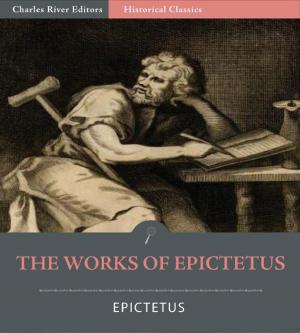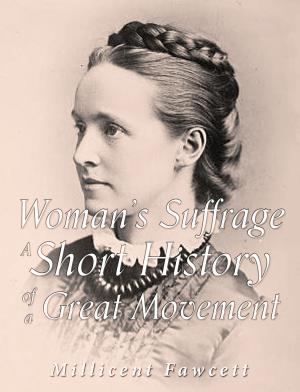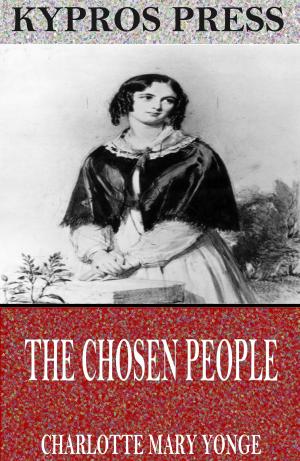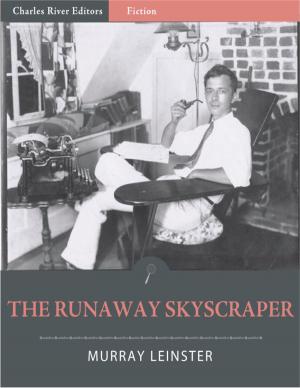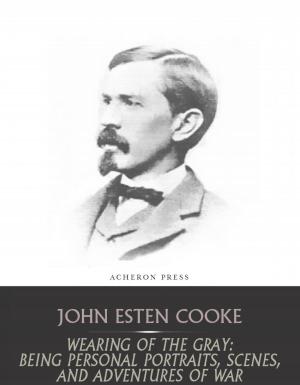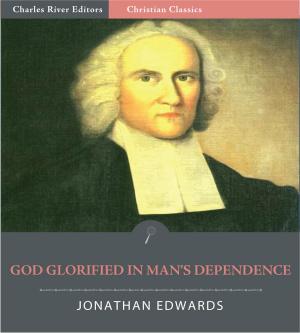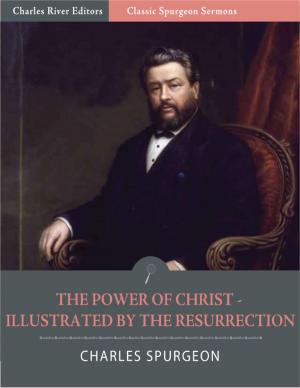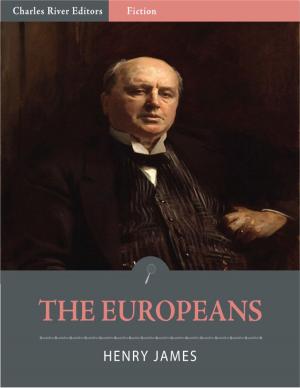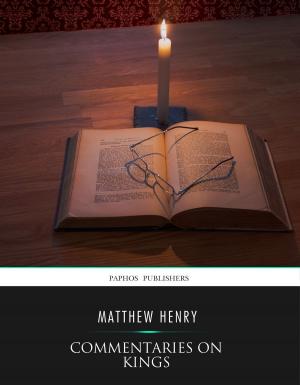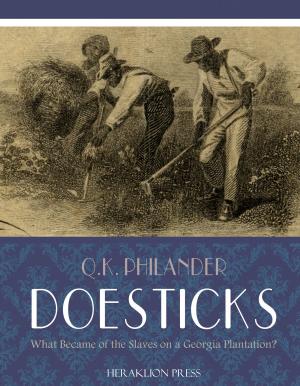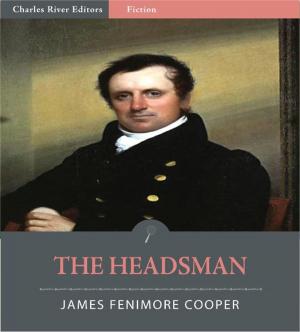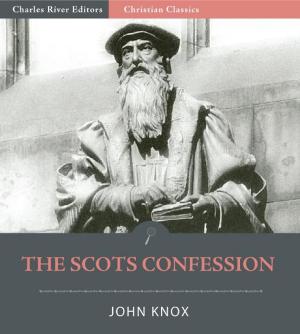Construction Construed and Constitutions Vindicated
Nonfiction, History, Americas, United States, Colonial Period (1600-1775), Revolutionary Period (1775-1800), Social & Cultural Studies, Political Science, Politics, History & Theory| Author: | John Taylor | ISBN: | 9781619824270 |
| Publisher: | Charles River Editors | Publication: | February 17, 2012 |
| Imprint: | Language: | English |
| Author: | John Taylor |
| ISBN: | 9781619824270 |
| Publisher: | Charles River Editors |
| Publication: | February 17, 2012 |
| Imprint: | |
| Language: | English |
John Taylor (December 19, 1753 August 21, 1824) usually called John Taylor of Caroline was a politician and writer. He served in the Virginia House of Delegates (177981, 178385, 17961800) and in the United States Senate (179294, 1803, 182224). He wrote several books on politics and agriculture. He was a Jeffersonian Democrat and his works provided inspiration to the later states' rights and libertarian movements. Taylor fought in the Continental army during the American Revolution and served briefly in the Virginia House of Delegates and as a U.S. Senator. It was as a writer on constitutional, political, and agricultural questions, however, that Taylor gained prominence. He joined with Thomas Jefferson and other agrarian advocates of states' rights and a strict construction of the Constitution in the political battles of the 1790s. His first published writings argued against Secretary of the Treasury Alexander Hamilton's financial program. John Taylors most renowned work was Construction Construed, or Constitutions Vindicated, a work of great significance in the political and intellectual history of the South and essential for understanding the constitutional theories that Southerners asserted to justify secession in 1861. Construction Construed and Constitutions Vindicated was Taylor's response to a series of post-War of 1812 developments, including John Marshall's Supreme Court decision in McCulloch v. Maryland, the widespread issuance of paper money by banks, proposals for a protective tariff, and the attempt to bar slavery from Missouri. Along with many other Southerners, Taylor feared that these, and other measures following in the train of Hamilton's financial system, were undermining the foundations of American republicanism. He saw them as the attempt of an "artificial capitalist sect" to corrupt the virtue of the American people and upset the proper constitutional balance between state and federal authority in favor of a centralized national government. Taylor wrote, "If the means to which the government of the union may resort for executing the power confided to it, are unlimited, it may easily select such as will impair or destroy the powers confided to the state governments." Jefferson, who noted that "Col. Taylor and myself have rarely, if ever, differed in any political principle of importance," considered Construction Construed and Constitutions Vindicated "the most logical retraction of our governments to the original and true principles of the Constitution creating them, which has appeared since the adoption of the instrument." Later Southern thinkers, notably John C. Calhoun, were clearly indebted to Taylor.
John Taylor (December 19, 1753 August 21, 1824) usually called John Taylor of Caroline was a politician and writer. He served in the Virginia House of Delegates (177981, 178385, 17961800) and in the United States Senate (179294, 1803, 182224). He wrote several books on politics and agriculture. He was a Jeffersonian Democrat and his works provided inspiration to the later states' rights and libertarian movements. Taylor fought in the Continental army during the American Revolution and served briefly in the Virginia House of Delegates and as a U.S. Senator. It was as a writer on constitutional, political, and agricultural questions, however, that Taylor gained prominence. He joined with Thomas Jefferson and other agrarian advocates of states' rights and a strict construction of the Constitution in the political battles of the 1790s. His first published writings argued against Secretary of the Treasury Alexander Hamilton's financial program. John Taylors most renowned work was Construction Construed, or Constitutions Vindicated, a work of great significance in the political and intellectual history of the South and essential for understanding the constitutional theories that Southerners asserted to justify secession in 1861. Construction Construed and Constitutions Vindicated was Taylor's response to a series of post-War of 1812 developments, including John Marshall's Supreme Court decision in McCulloch v. Maryland, the widespread issuance of paper money by banks, proposals for a protective tariff, and the attempt to bar slavery from Missouri. Along with many other Southerners, Taylor feared that these, and other measures following in the train of Hamilton's financial system, were undermining the foundations of American republicanism. He saw them as the attempt of an "artificial capitalist sect" to corrupt the virtue of the American people and upset the proper constitutional balance between state and federal authority in favor of a centralized national government. Taylor wrote, "If the means to which the government of the union may resort for executing the power confided to it, are unlimited, it may easily select such as will impair or destroy the powers confided to the state governments." Jefferson, who noted that "Col. Taylor and myself have rarely, if ever, differed in any political principle of importance," considered Construction Construed and Constitutions Vindicated "the most logical retraction of our governments to the original and true principles of the Constitution creating them, which has appeared since the adoption of the instrument." Later Southern thinkers, notably John C. Calhoun, were clearly indebted to Taylor.


